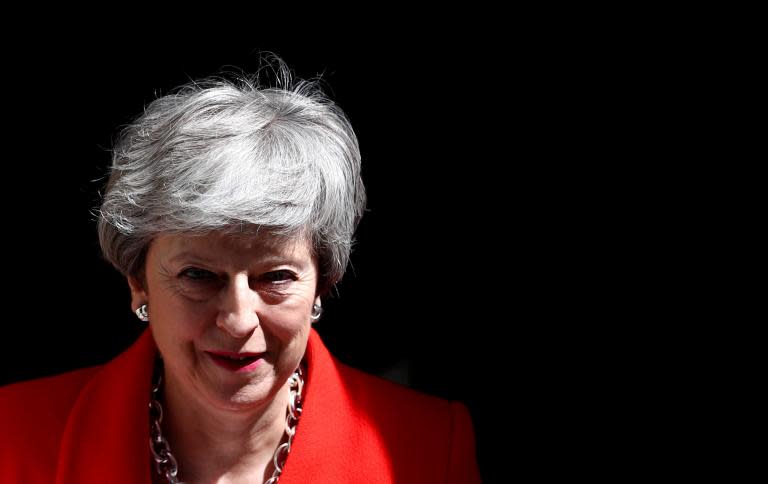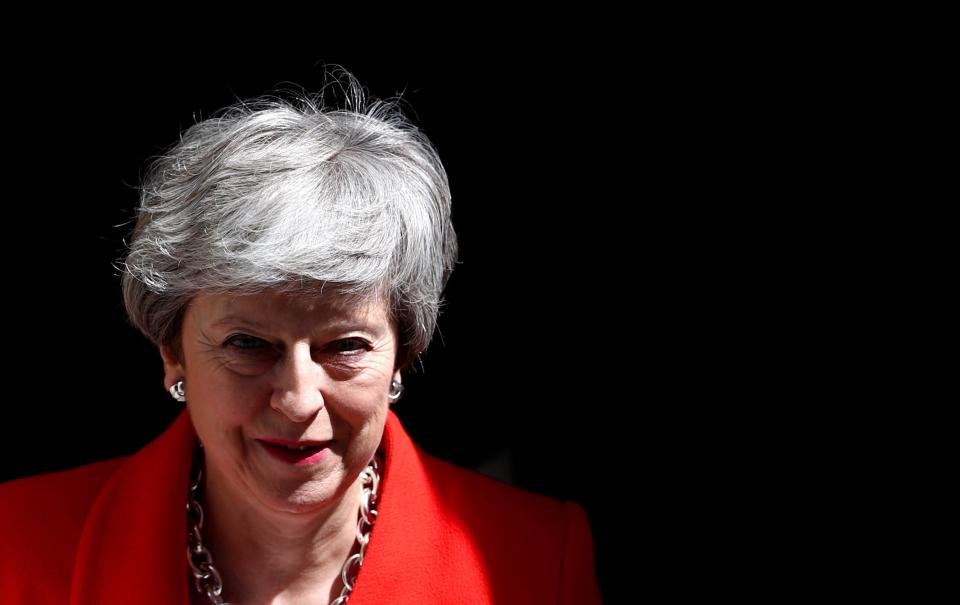Theresa May’s ‘bold offer’ on Brexit is nothing to get excited about – but a second referendum is
Next month Theresa May will present to parliament what she calls a “bold offer” on Brexit – a new and improved version of the deal that has been turned down three times by MPs.
This follows the breakdown of talks between her and Jeremy Corbyn, where she sought to find a compromise deal that Labour might be prepared to accept.
She has billed the offer as “an improved package of measures that I believe can win new support”, and Mr Corbyn has said that he would look at the proposals very carefully.
The plan has yet to be finalised, but it is understood to include additional protection on workers’ rights and the environment, as well as clarification of how the UK will seek to avoid a hard border between Northern Ireland and the Republic of Ireland.
The last attempt to pass the Brexit legislation failed by 58 votes. If would be naive to think these amendments will easily persuade a sufficient number of MPs to change their position, particularly given the weakness of a prime minister who has acknowledged she will shortly leave office.
Besides, if it were so easy to make real improvements to the deal, it rather begs the question as to why on earth these changes were not made earlier.
However, MPs will, if the bill is brought to the Commons as planned early next month, have seen practical evidence of frustration among the electorate with the inability of the government and the opposition to reach some kind of accord.
Voters go to polls this Thursday to elect representatives to the European parliament. The opinion polls predict that the Brexit Party, led by Nigel Farage, will win more votes than either the Conservatives or Labour.
The humiliation for the government will be huge, but there will also be a stern warning to the opposition. If a brand new party, one that was founded as recently as 20 January, can trounce everyone else, the message will be clear. Mainstream politicians will have to acknowledge that, in this particular election at least, they have lost control.
We have to accept there is no agreement between the government and opposition – those talks broke down. But if the outcome of these elections spurs a new effort between them to reach some form of accommodation short of actual agreement, then maybe there is a way forward.
Ultimately, to have legitimacy, the new relationship between the UK and the EU will have to be endorsed by a Final Say referendum.
Whatever the outcome of the debates in the Commons in the coming weeks, the UK’s future will inevitably be closely bound with that of Europe.
It is in the interest of everyone on both sides of the Channel that there should continue to be a cooperative and harmonious relationship. Even the most ardent supporters of Brexit would accept that. Preserving that relationship is vastly more important than the twists and tumbles of party politics.
It is hard to be optimistic about the chances of any plan from this lame duck prime minister getting through the Commons. It is, however, possible to be optimistic about the UK and the EU rebuilding trust and cooperation. Indeed it is vital we do so.


